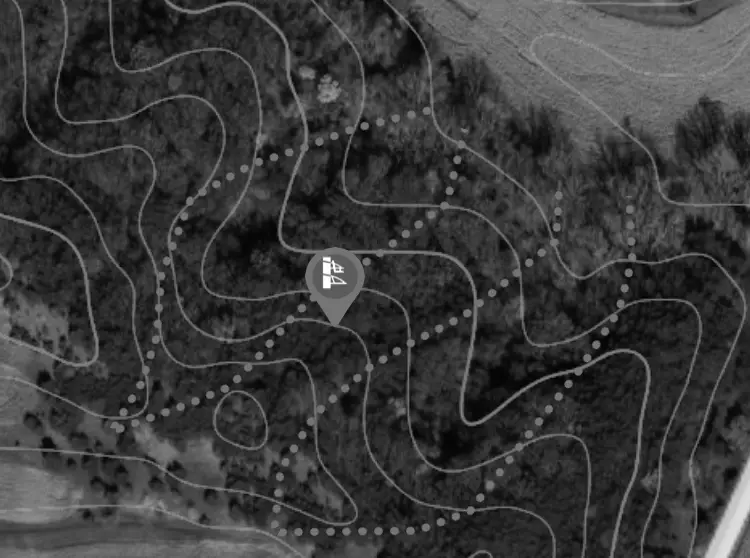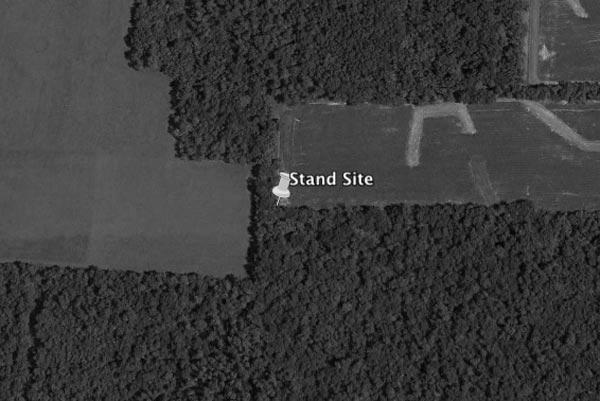What are funnels in deer hunting? Basically, deer don’t go through the thick stuff. Instead, they look for easy-to-cross areas to get to their food source. That means that funnels in deer hunting are essential. Here are some tips to help you find them in your hunting area. If you’re new to deer hunting, you might want to check out our guide on deer tracking.
First, determine where your funnel is. When tracking deer movement, you’ll want to find concentration points. Native Americans often waited by a creek crossing. Today, hunters try to get a jump on deer that pass through food plot bottlenecks. These funnels are great for influencing deer movement and can help you create consistent season-long action. And they’re fun to use. Try one out today and let us know how it worked for you.
You can create funnels on your own property. These are particularly effective for late-season hunting, because funnels incorporate multiple pathways for deer to travel. When a buck enters a funnel, it will take the easiest way to reach his intended food source. This is a key deer hunting tip. You’ll find many deer funnels throughout your property. Try making one in your property before the rut starts.
A deer funnel is a narrow point along the path of least resistance. A funnel can be a finger of food in a field or a piece of land that bends back into the woods. A funnel can be a line of cover containing timber, crop fields, and water. If deer use this area to move, the funnel will be within bow hunters’ range. But before you make your final decision, you have to figure out if it’s a funnel.
If you’ve ever asked yourself, «Is a felon able to get his or her fishing license?» you’re not alone. The answer to this question depends on your specific situation. For example, a felon might have participated in an aquatic education event or a clinic, but still have a felony conviction on their record. There are options to resolve these issues and get a fishing license for felons who have completed their sentences.
Can a felon get a fishing license?
Can a felon get a fishing licence? This question is not easy to answer, especially if you’re convicted of a felony. While you’re not legally required to obtain a license while in jail, most jails don’t let convicted felons do any business outside the jail. However, violating the fishing law can land you in jail. The good news is that it is very easy to get a fishing license while you’re on parole.
A person who is convicted of a felony may be able to obtain a fishing license in Texas. However, a convicted felon is barred from owning a gun. While it is illegal for a convicted felon to have a firearm, a released convicted felon can obtain a hunting license. However, these licenses come with restrictions, including the inability to own firearms.
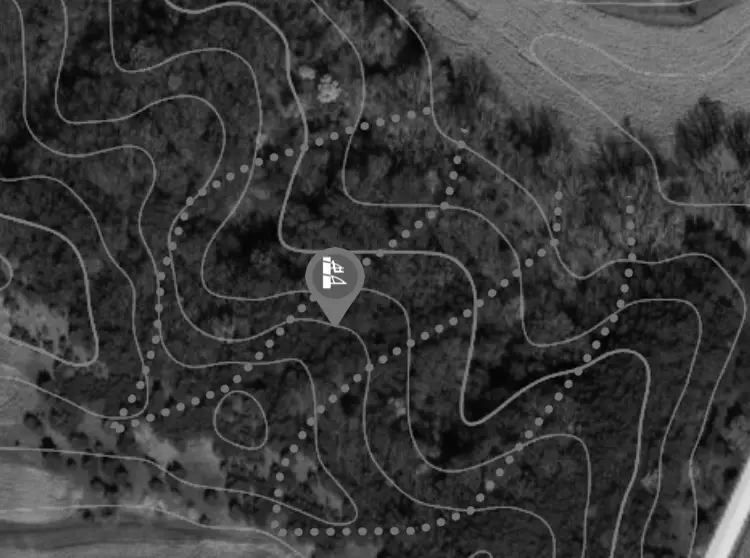
In addition to a felony, a person who has committed certain offenses can still apply for a fishing license in Illinois. The Department of Natural Resources offers discounted licenses to veterans. These licenses are valid for two years and require proof of residency in Illinois. Also, you can apply for a fishing license online if you have an Illinois address. However, you will need a photo ID to purchase a fishing license.
Getting a fishing license in Tennessee requires a certain level of knowledge. You can also check with the Department of Wildlife to determine the requirements and fees. In most cases, people who are currently on active military duty are exempt from the license requirement. You can also purchase a license for fishing if you’re renting land. In addition, you can qualify for discounts if you’re a disabled veteran or active military member.
Once you’ve received a hunting license, you should know that you can’t own most firearms. However, there are certain firearms that felons are allowed to own. Some states may allow felons to use bows or airguns during hunting season. You must also contact your probation officer and the state fish and game department to obtain a hunting license before hunting. You should also make sure you’re not hunting while on probation.
Can a felon get a fishing license if he or she participates in an aquatic education event or clinic?
If a person has a past history of committing a crime, can a convicted felon get a fishing license? Yes. However, the person must participate in a sanctioned aquatic education event. For example, if a felon is participating in a clinic or event sponsored by the Wildlife Department, the individual can apply for a fishing license.
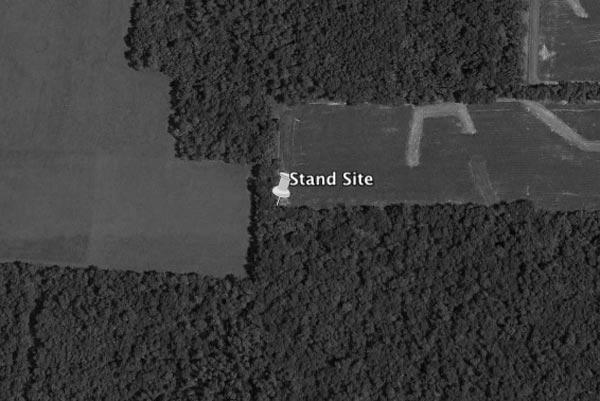
The question of whether a convicted felon can get a fishing license depends on the legislation governing the state. Under Acts 1995, 74th Leg., ch. 318, Sec. 18, a convicted felon may participate in an aquatic education event. This law applies in all states, including Texas.
The state of Minnesota also has a law that says a convicted felon cannot exercise privileges without a fishing license. The law states that licenses must be carried on a person at all times. This is why it’s important to keep a copy of your license, permit, or stamp with you. Mobile electronic devices are also acceptable as proof of license or permit holder.
Disabled veterans: Residents who are active duty service members can obtain a fishing license and combination license for free. The licenses are valid for three years, and if renewed, the disabled person must prove that he or she is still disabled. The license must be valid for at least one year, and the applicant must prove that they are a domiciled resident of South Carolina.
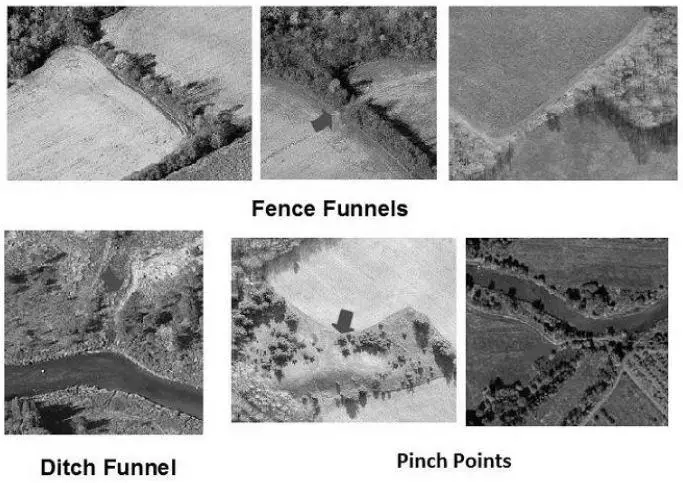
If a convicted felon has a youth hunting day, he or she may not harvest game during the day. However, the adult must accompany the youth during the youth hunting event. The adult must also be at least 21 years old in order to hunt game. However, the daily harvest limit remains the same for those participating in a youth hunting event.
In addition, a felon can receive a saltwater fishing license if he or she has attended an aquatic education event or clinic. However, a resident of Florida who does not participate in an aquatic education event or clinic is still required to purchase a nonresident saltwater fishing license. For saltwater fishing, a resident must purchase a nonresident recreational saltwater shoreline license. The cost is $17 for three days, $30 for seven days, and $47 for a lifetime. In addition, the license fee includes handling and administrative fees.
Can a felon get a fishing license if he or she has a criminal conviction
Can a felon get a fishing licence? In most states, yes, but only after they have served their jail or parole sentences. Obtaining a license during incarceration is extremely difficult and may even be impossible. You will likely need to hire a fishing company or an outside agent to obtain one. Fortunately, there are options available.
In Michigan, there are certain restrictions on the type of fishing license a felon can obtain. First of all, if he or she has a previous conviction, it will likely be considered a Class B misdemeanor and punishable with a fine of up to $1,000. Depending on the crime, this may result in prison time of up to 60 days or violation of probation. Furthermore, if the felon has a hunting license, it will be restricted to certain types of weapons.
Secondly, a felony is a permanent stain on one’s record. It prevents them from getting a job, obtaining a home, or filing official papers. It may also limit their firearm rights. In most states, a felon cannot serve on a jury. Lastly, he or she cannot apply for federal grants or live in public housing. If you’re concerned about this type of restriction, you should contact a local attorney.
Fortunately, there are options for convicted felons who still want to hunt. Some states, including Pennsylvania, have special regulations that allow convicted felons to hunt with air guns or bows. The key is to contact your probation officer or court to find out if it’s OK for the felon to hunt with these equipment. If the state does not grant permits, he or she will be forced to wait much longer and pay higher prices for their licenses.
Before applying for a fishing license, it is important to know your history. You may have to answer several questions about past convictions. These questions will relate to whether you’ve used dangerous drugs or if you’ve been convicted of any crimes. If you have a first offense, however, there’s a good chance that the court will expunge your record after some time of good behavior.
While it’s illegal to hunt for firearms while convicted felons may self-identify as hunters, game wardens know if they see felons and can often arrest them if they’re hunting with a gun. Don’t worry: convicted felons can apply for a fishing license and still hunt in Maine without the need to undergo a background check.
